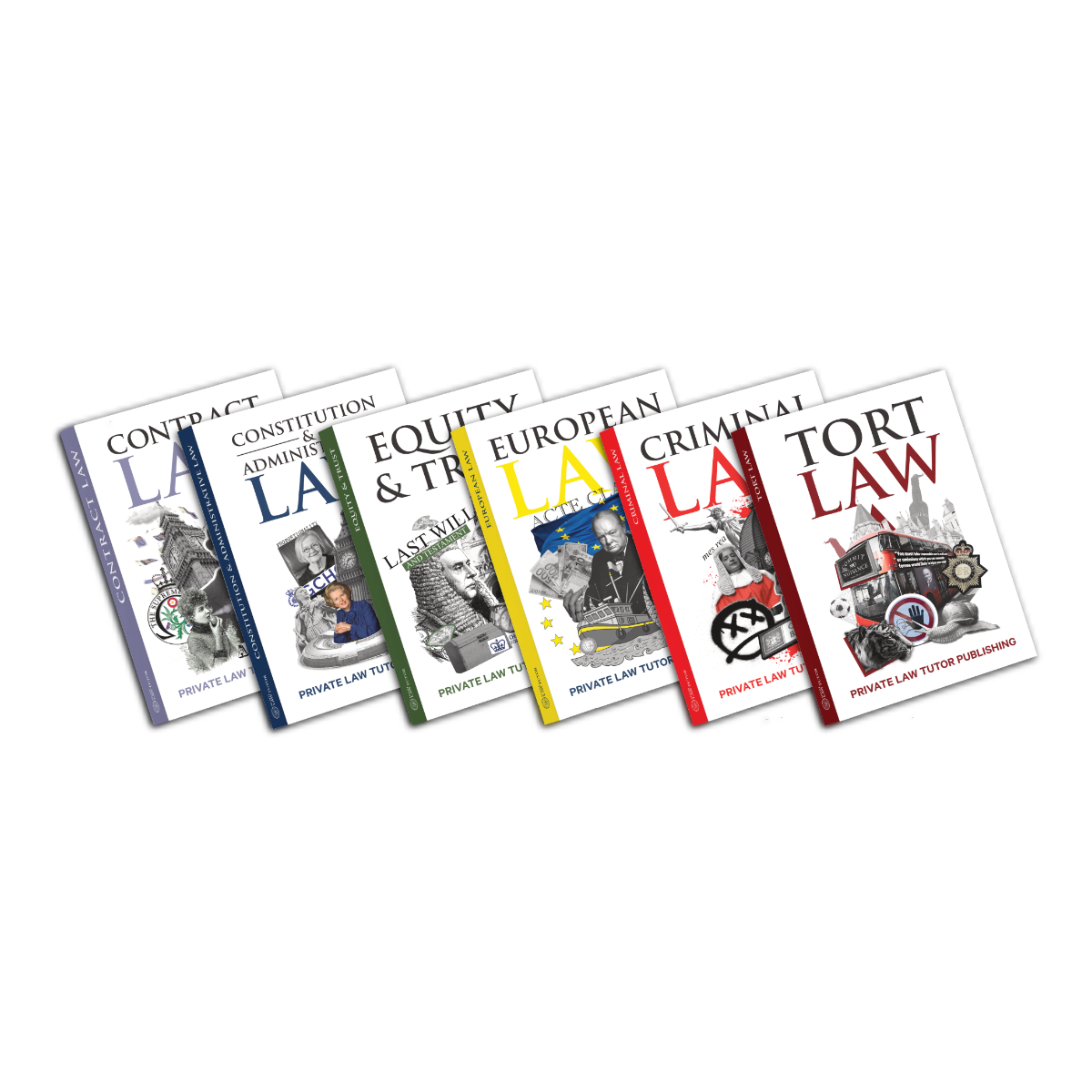Court of Appeal
Court of Appeal meaning
History
The Court of Appeal is divided into: (i) civil and, (ii) criminal divisions. It hears appeals from decisions of the High Court and County Courts and, against convictions or sentences passed by the Crown Court. The Judicature Act of 1873 led to the establishment of the Court of Appeal, which later became subdivided into the criminal and civil divisions in 1966. The majority of the appeals it considers come from the three different divisions of the High Court's Civil Division. In addition to this, it is responsible for hearing appeals from a number of other courts, including the Employment Appeals Tribunal.
Master of the Rolls
The current Master of the Rolls, 'Right Honourable' Sir Geoffrey Vos. In addition to the Master of the Rolls, there are also Lord Justices of Appeal. These Lord Justices of Appeal are elevated from the ranks of the High Court judges. The Court consists of a number of Senior judges: The Lord Chief Justice is the Head of the Judiciary of England and Wales, the Master of the Rolls, and the Heads of Division of the High Court, alongside 39 'Ordinary' Lord/Lady Justices of Appeal. In most cases, the court is made up of the Master of the Rolls, together with two Lord Justices serving as his assistants. It is possible for the court to convene as a "full court" of five judges on rare occasions, but in general, this only occurs when there is a case that involves a substantial legal issue. Decisions need to be made by a majority, although individuals are allowed to voice their disagreements.
Rules of the court of appeal
The Court of Appeal in the UK is the second-highest court in the country, hearing appeals from lower courts and tribunals. It is bound by certain rules which aim to ensure that appeals are handled fairly and efficiently. These rules include strict time limits for filing appeals and related documents, guidelines for the preparation of written submissions and legal arguments, and provisions for the conduct of oral hearings. The Court of Appeal also has the power to make orders and directions for the purposes of managing proceedings and ensuring compliance with its rules.
Law Books
When it comes to private law tutoring and legal education, we at Law Tutor are the undisputed industry leaders. Take advantage of Law Tutor's law books for your PGDL, LLB, or other legal studies. Law Tutor has worked as both a university professor and a lawyer.


